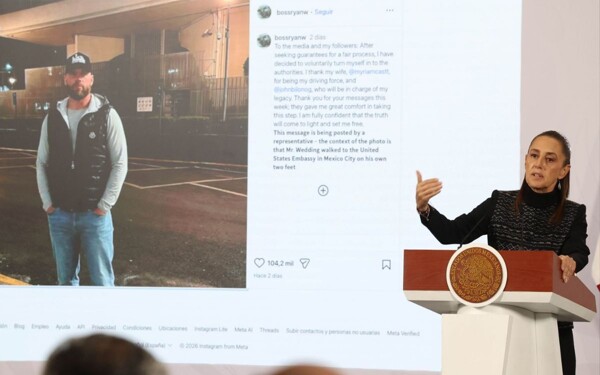
The authorities in Mexico have rewarded drug traffickers willing to collaborate with valuable information about the cartels, granting them reduced sentences, which has generated tensions in relations with another country. Although this strategy has yielded results in the fight against organized crime, experts warn that facing the cartels without a clear plan and cooperation may not stop the illegal business, but increase violence.
Mexican cartels have carried out attacks with characteristics similar to terrorist acts, such as throwing grenades at public events and perpetrating massacres; however, their motivations differ from groups like Al Qaeda. The possibility of an attack by the army of another country on Mexican territory is posed as a latent threat that could trigger greater conflicts rather than resolve them.
By designating several drug cartels as international terrorist organizations, new legal possibilities arise for Mexico in its fight against arms trafficking from another country. This measure is presented in a context of tensions and political maneuvers between nations, highlighting the pressure on the Mexican government to address drug consumption and the sale of arms from another country.
The national security policy of another country, under Trump’s presidency, demonstrates an ambivalent strategy between confrontation and support for drug consumption prevention initiatives in Mexico. On the other hand, labeling Mexican cartels as terrorist groups aims to emphasize the shared responsibility in combating drug trafficking and its transnational implications.
Experts warn that these unilateral actions may increase violence in Mexico and open the door to foreign military interventions. Despite the legal implications that this designation entails, it is essential to address the complexities of organized crime without underestimating its impact on violence and stability in the region.
In the domestic political sphere, the affiliation of the governor of the State of Mexico, Delfina Gómez, with the Morena party stands out, amid a landscape where figures with controversial backgrounds join this political grouping. Meanwhile, situations such as bullying and harassment in educational institutions generate outrage and question the effectiveness of institutional responses to these social issues.













